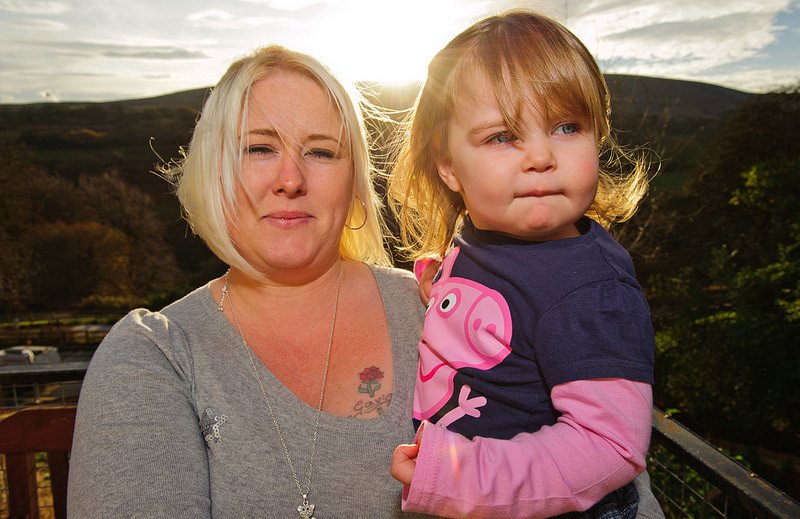 Poverty
Poverty 
The most recent figures on relative income poverty in Wales and the UK – up to 2013/14 – are due out tomorrow. What should we make of the figures?
The news is unlikely to be good.
Most people anticipate that the proportion of people living in poverty will be up on previous years. Quite what the scale of the increase will be remains to be seen, but cuts to benefits which took effect in the 2013 will now show up in the figures for the first time.
We can also anticipate that the increases are likely to be most marked amongst children and working age adults, with possibly some good news about pensioners, as the ‘triple lock’ on state pensions and increase in the proportion with private pensions is likely to continue to lift the great majority of older people out of poverty.
What are we to make of these figures when they appear?
Here are five key messages.
1. Poverty exists in Wales
There will doubtless be the usual arguments that there is no ‘poverty’ in Wales, because people aren’t starving. This is because many people think of poverty in global terms and quite reasonably think of people in third world countries without food or shelter. But modern measures of poverty look at how many people fall a long way below the norm for a society. So people in Wales who are ‘in poverty’ may well have enough to eat and a roof over their head, but they have far, far less than the average household.
2. Poverty is getting deeper
Behind the headline statistics, poverty is getting deeper. There will be more people with a very low income in relation to the rest of society, and that income does not stretch as far as it once did because inflation has risen faster for basic items than other things. The poverty statistics also include a measure of ‘material deprivation’ for some groups of people, and it will be a surprise indeed if the proportion of people without things like a warm winter coat has not risen as well.
3. Poverty blights individuals, society and the economy
The evidence that low incomes blights lives is overwhelming. In a vicious cycle of disadvantage, children from low income families do less well at school, and when they grow up people on low incomes are more likely to get killer diseases and die sooner. There is a cost to us all from this, whether it is extra teaching, free school meals, the costs of the NHS and social care to name but a few. There’s also the waste of talent and potential and the loss of spending power from local communities.
4. Anti-poverty action must match the rhetoric
We have heard for several years now that ‘tackling poverty is the Welsh Government’s number 1 priority’. But was we saw in the Assembly’s Equality, Communities and Local Government Committee that hasn’t been reflected in its actions. Instead of merely ‘tackling’ poverty, it is time to try to reduce it.
5. We know what works
Despite the effort expended on ‘what works’ the answers are pretty clear. The solutions to mass poverty are, quite simply:
- enough jobs
- decent jobs that pay the Living Wage and have decent, secure terms and conditions
- people with the qualifications and skills they need to get jobs
- affordable housing, heating, food and transport
- decent benefits for people who cannot work because of disability, old age, caring responsibilities or unemployment.
So there you have it. A zero-poverty Wales ought to be achievable, yet I fear that tomorrow’s news will show that it is more elusive than ever.
Victoria Winckler is Director of the Bevan Foundation


